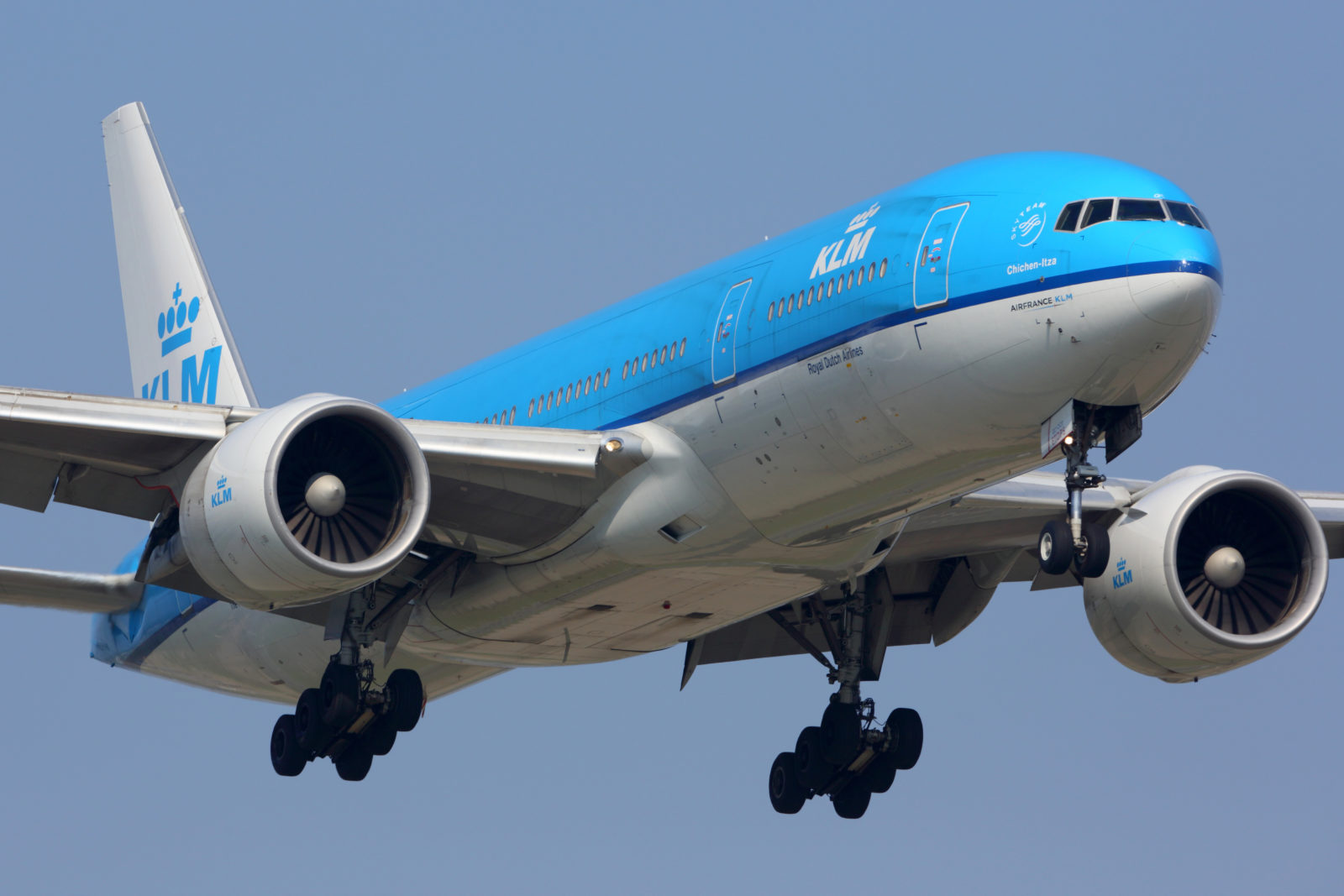
KLM Royal Dutch Airlines says it will embark on a ‘painful’ cost-cutting program to improve its lagging financial performance, which could result in mass redundancies and passenger experience cut backs.
During the first six months of 2024, the Dutch flag carrier posted an operating loss of €31 million despite the fact that it is flying full planes and making higher revenues than in the same period in 2023.
Marjan Rintel, the CEO and president of what is the oldest commercial airline in the world blamed rising costs and staff shortages for the carrier’s lacklustre financial performance and warned that ‘painful’ changes were necessary to get the airline back on track.
“We want to maintain KLM’s 105-year pioneering role in aviation and continue to connect the Netherlands with the rest of the world,” Rintel said on Thursday. “Just as many other airlines, KLM is suffering from high costs and shortages of staff and equipment. Our aircraft are full, but our capacity is still not back to pre-corona levels.”
Rintel added that the airline needed to make “clear and decisive” changes with the aim of saving at least €450 million in the short term.
Some of the proposed changes include increasing employee productivity by 5% within the next four months, which could result in job losses due to automation. The airline also says it needs to slash high levels of absenteeism.
KLM also says it is suffering from a shortage of both pilots and engineers and that it will be pushing for changes to resolve these shortages. In the case of pilots, the airline wants to address the mix of pilots who operate short-haul and long-haul flights, which could pit the carrier against a powerful pilots union.
In the case of the airline’s maintenance services, KLM has told engineers that unless employee shortfalls can’t be addressed, the carrier will be forced to outsource maintenance services to external providers.
Rintel also warned that all non-safety related investments are to be put on hold, some jobs are to be merged or cut altogether and onboard services are to be re-examined to keep costs as low as possible.
Last month, it was revealed that KLM intends to boost revenues on short-haul European services by introducing a ‘buy on board’ food and drink service for the first time. The new service isn’t, however, likely to be introduced until late next year.
KLM is examining whether it can still offer a small complimentary snack and soft drinks as part of its new service, although it’s now clear that the airline is desperately seeking ways to improve revenue per passenger.
Earlier this year, it was also revealed that KLM was using artificial intelligence to estimate how many meals it needed to load on its long-haul services in Business Class. The airline presented the AI took as a sustainability initiative, although the ability to cut costs was also very clear.
KLM is part of the wider Air France-KLM Group, and in the last couple of years, the Dutch side has been dragging down the Group’s financial performance. In contrast, Air France is making investment after investment as it seeks to market itself as a leading premium carrier.
Mateusz Maszczynski honed his skills as an international flight attendant at the most prominent airline in the Middle East and has been flying ever since... most recently for a well known European airline. Matt is passionate about the aviation industry and has become an expert in passenger experience and human-centric stories. Always keeping an ear close to the ground, Matt's industry insights, analysis and news coverage is frequently relied upon by some of the biggest names in journalism.







